|
After close to three quarters of a century of movie-going ― emphasize close to but not quite: my mom took me to my first movie when I was two years old. It was "Hans Christian Anderson" starring Danny Kaye. And though, according to my mom's account, I didn't think much of the movie at two years old, I have since evolved into a huge Danny Kaye fan and "Hans Christian Anderson" ranks to this day among my Danny Kaye favorites. But anyway, as I was about to say, after many years of movie-going, I've come to the conclusion that one can tell how good a movie is by the number of people in the theater audience: the fewer people in the audience, the better the movie is likely to be. I find this deduction supported time and again. There was "Chevalier," which I saw in June of last year, ...an enthralling, enlightening, wonderful film about the life of one of the great 18th Century classical composers, Joseph Bologne, also known as Chevalier de Saint-Georges, who was as famous as Mozart during his time. And who happened to be Black. But along with being an acclaimed composer and conductor, ...Saint-Georges was also a hero of the French Revolution. And yet after his death in 1799 his name was plunged into anonymity because it did not suit the purposes of the time, when black slavery was still in its ascendance in the British and French colonies and the young United States, to immortalize the genius and accomplishments of a man of color. "Chevalier" was a visual treat of beautiful period scenes and costumes, and told a compelling story set to the sublime music of Chevalier de Saint-George. I saw it when it showed up in Columbus in a five-dollar Friday night special showing at the local AMC and played to a mostly empty theater, though the half-dozen or so audience members besides myself did enjoy it. Then there was "The Persian Version," ...which I saw last November at the same AMC that showed "Chevalier," which leads me to reckon that the manager of that particular AMC must have a liking for showing the occasional cinematic hidden gem. Because "The Persian Version" was an absolute gem of a movie: funny, heart-tugging, enlightening, thought-provoking, thoroughly engaging and entertaining. Written and directed by award-winning screen writer Maryam Keshavarz, ..."The Persian Version" is the writer's mostly autobiographical story; that is to say, the most amazing parts are autobiographical; I know because after seeing the movie I went online to look up the story behind the story. Ms. Keshavarz tells her story through the character of Layla Mohammadi, an Iranian-American woman from New Jersey trying to deal with her up-in-your-business immigrant family, ...along with other cultural, relationship and life issues. The timeline of the story is non-linear, moving between the past and present, from growing up a child of of immigrant parents in the 1980's in a small apartment with eight older brothers and one bathroom, ...to her young adulthood in the early 2000's. Since her childhood Layla has always felt caught between two cultures without fitting in either: too Iranian to be American and too American to be Iranian. And then there are her issues with her perennially disapproving and disappointed mother, ...with whom she struggles to come to terms. I loved, loved, loved, "The Persian Version," it made me feel like I'd like to teach the world to sing in perfect harmony, buy it a Coke (or some other quintessential American product) and be friends with everybody everywhere around the globe. I can say in truth that "The Persian Version" was the best movie I'd seen in a theater since "Chevalier." In fact, "The Persian Version" was probably better than "Chevalier" since besides my husband Tom and me there was only one other person in the theater. But the three of us agreed that it was a great movie. And then there's "American Fiction," which I saw this past Friday night. This dramatic comedy tells the story of an erudite Black university professor named Thelonius "Monk" Ellison, ...who writes quality literary novels that no one reads and publishers aren't interested in because, according to his agent, his writing isn't "Black" enough. Meanwhile, a novel called "We's Lives In Da Ghetto" written by a Black woman, ...is a best seller and its author is praised for writing a realistic story of Black life told in authentic - that is to say, ungrammatical - Black voices. Monk finds himself frustrated, discouraged, and disgusted not only that his books are ignored, but that in that in popular culture, films, and books Black life is reduced for entertainment to stories of poverty, drugs, violence, and tropes about the ghetto. As a joke he cynically pens a phony, trashy, poorly-written autobiography of an escaped Black convict under the pseudonym Stagg R. Leigh. To Monk's complete shock and dismay, his awful book becomes a runaway best seller, and he now finds himself inadvertently promoting the Black cultural stereotype that he abhors. "American Fiction" is satire at its best and laugh-out-loud funny in parts. In fact, one scene had me laughing so loud and long that after the movie Tom told me that he was embarrassed in the moment that I might be offending the rest of the theater audience.
Alas, mayhaps I did offend some in the audience with my horse-laughing. But even if I offended every single person in the audience, at least I didn't offend many: I only counted twelve of us in the whole theater.
0 Comments
Leave a Reply. |
"Tropical Depression"
by Patti Liszkay Buy it on Amazon: https://www.amazon.com/dp/B0BTPN7NYY "Equal And Opposite Reactions"
by Patti Liszkay Buy it on Amazon: http://amzn.to/2xvcgRa or from The Book Loft of German Village, Columbus, Ohio Or check it out at the Columbus Metropolitan Library
Archives
July 2024
I am a traveler just visiting this planet and reporting various and sundry observations,
hopefully of interest to my fellow travelers. Categories |

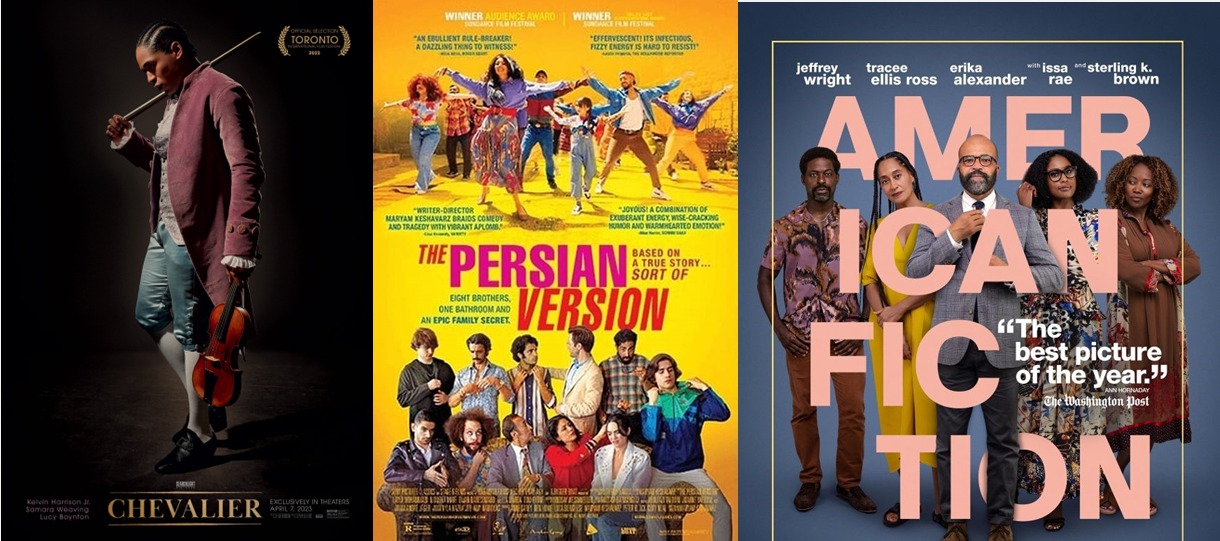
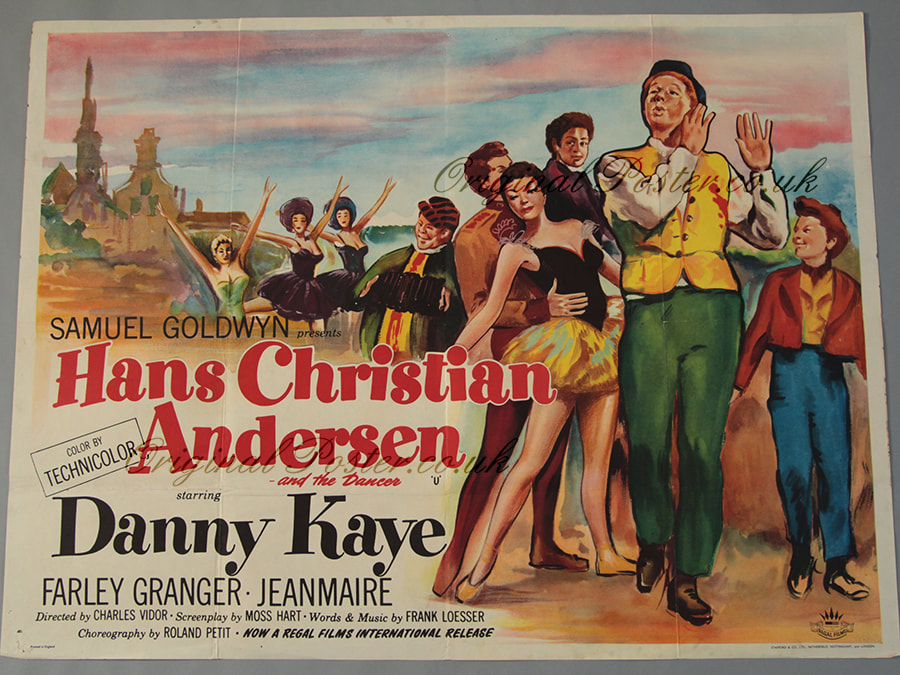
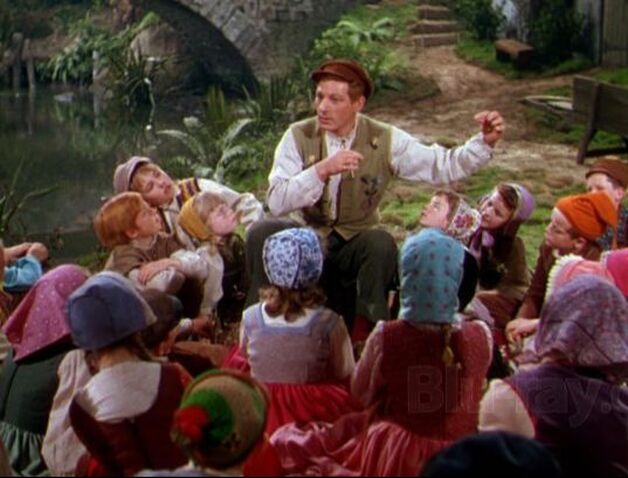
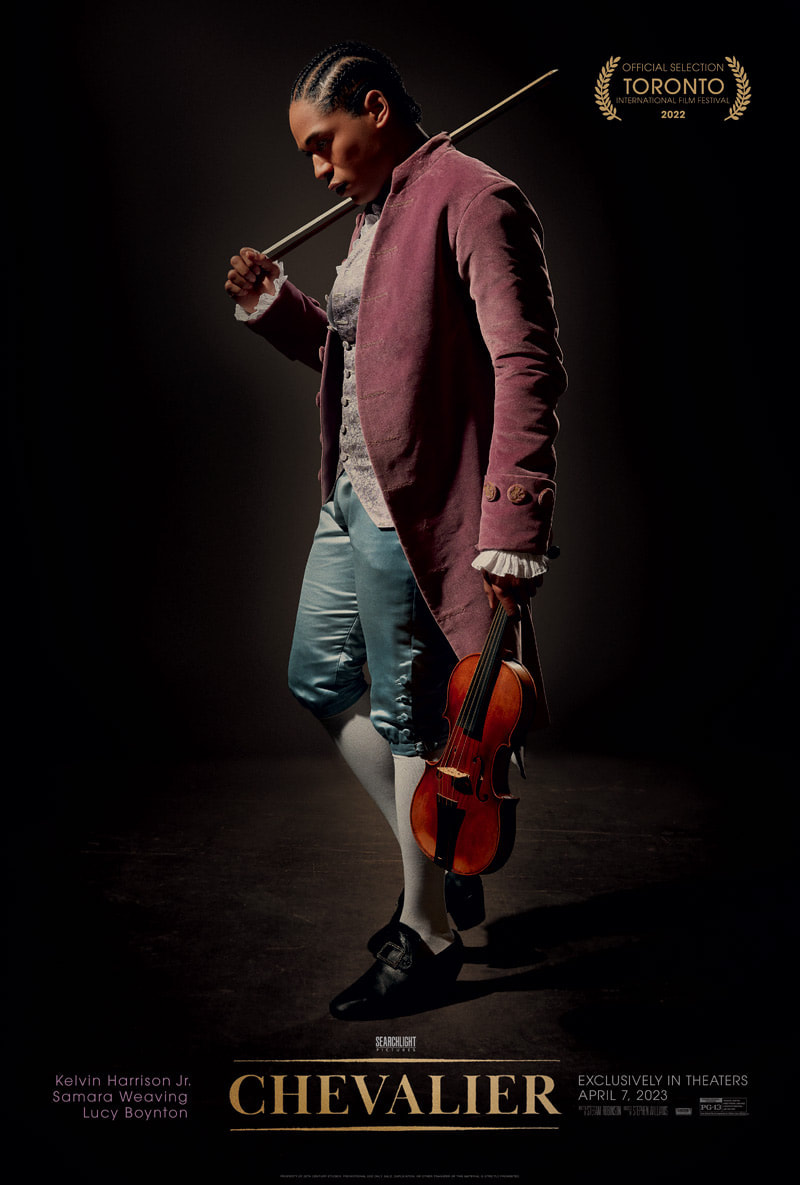
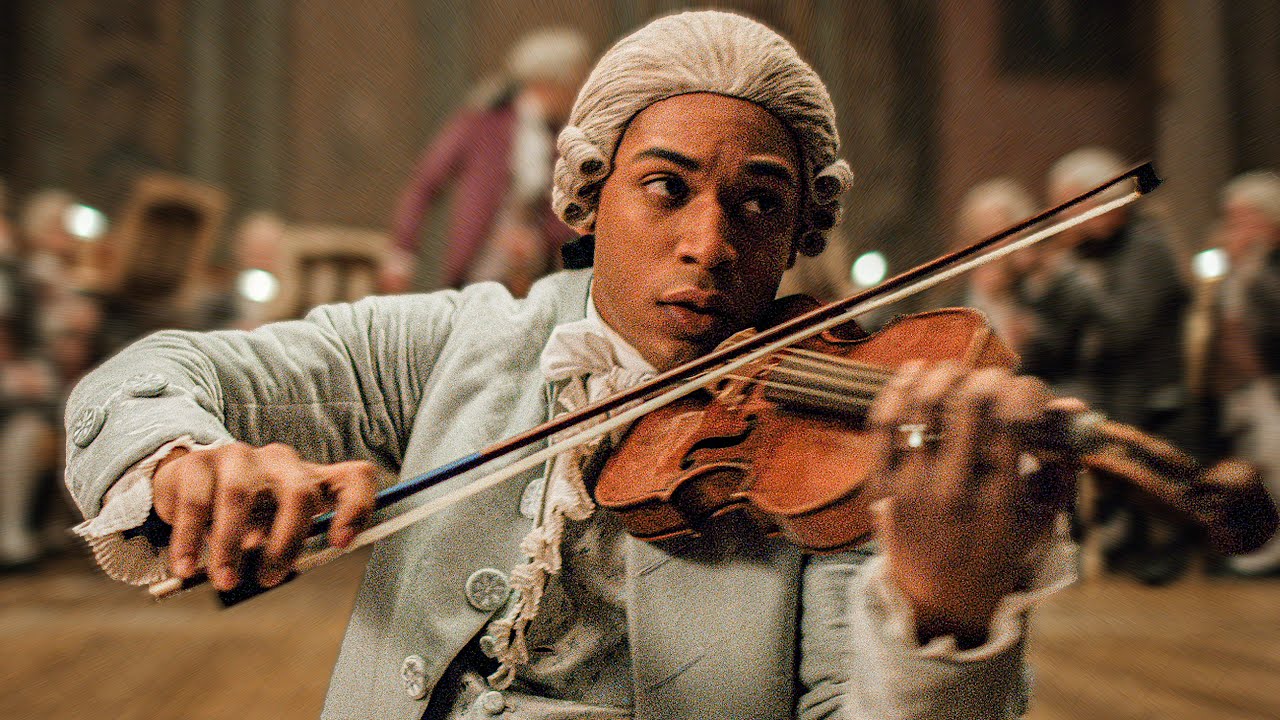
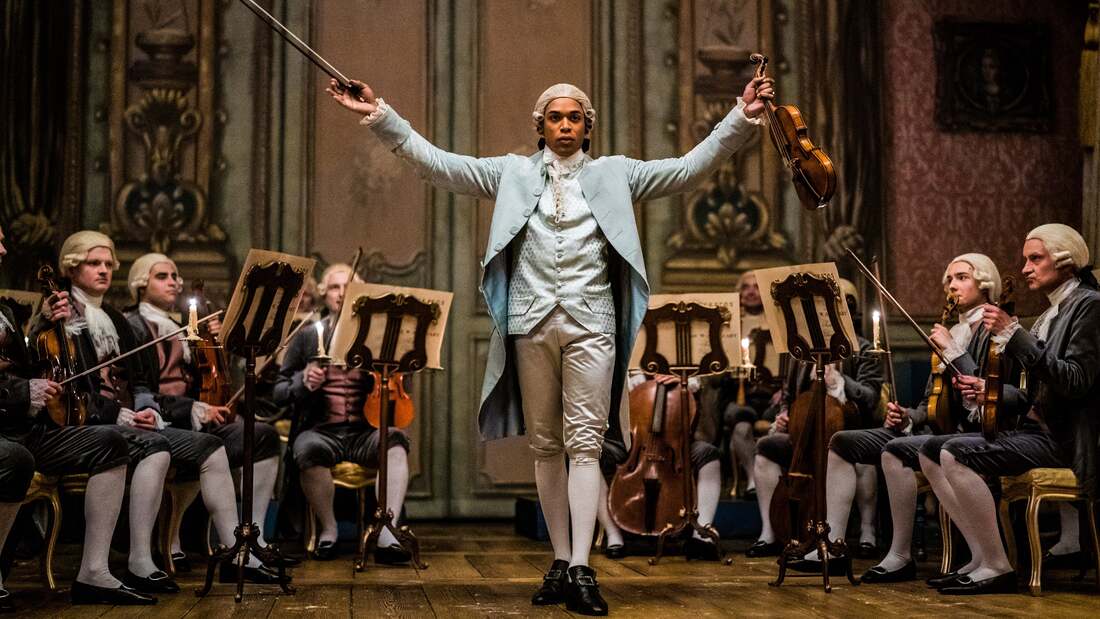
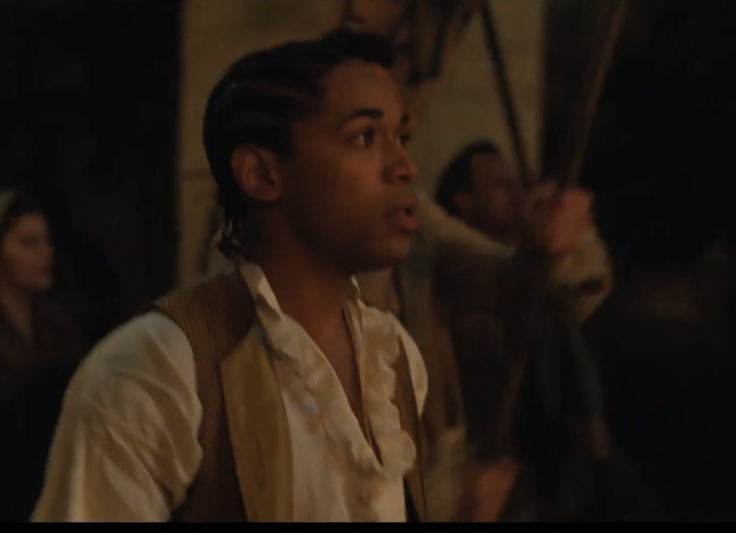
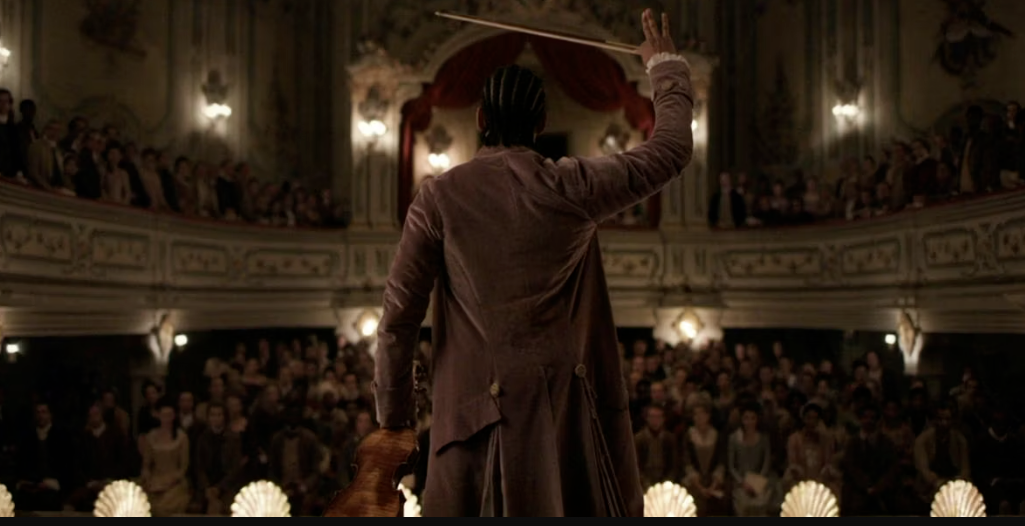
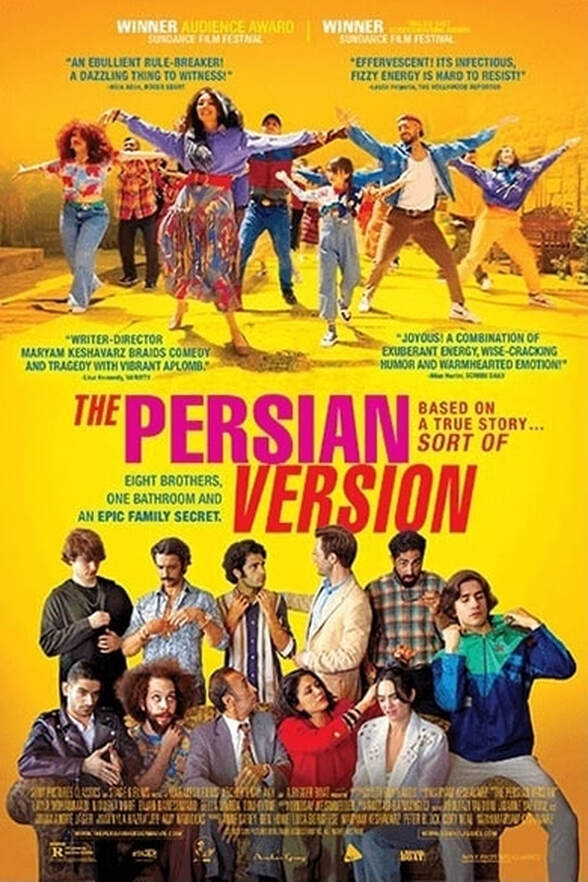
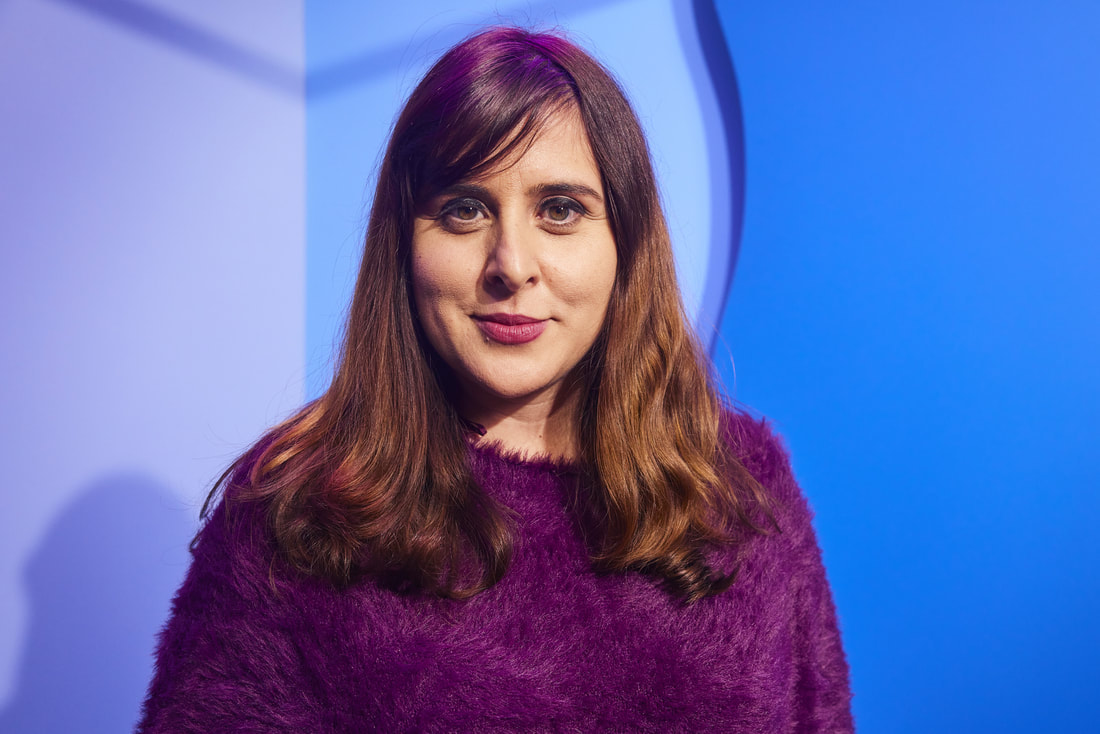
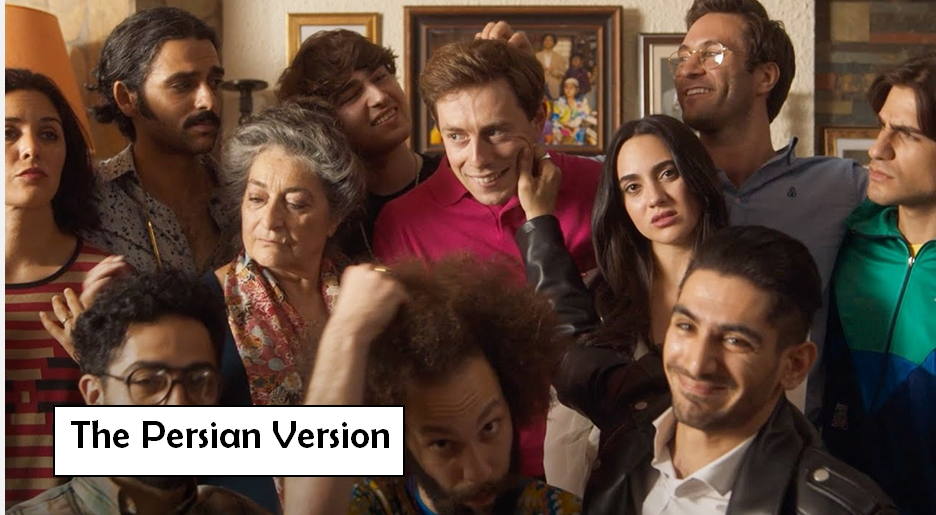
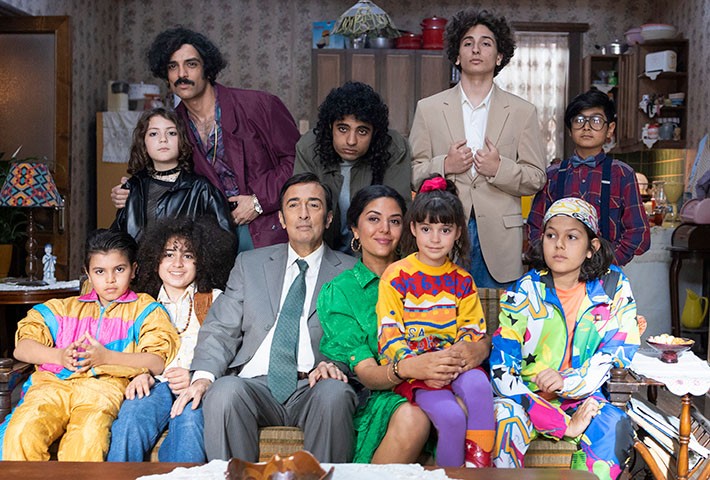
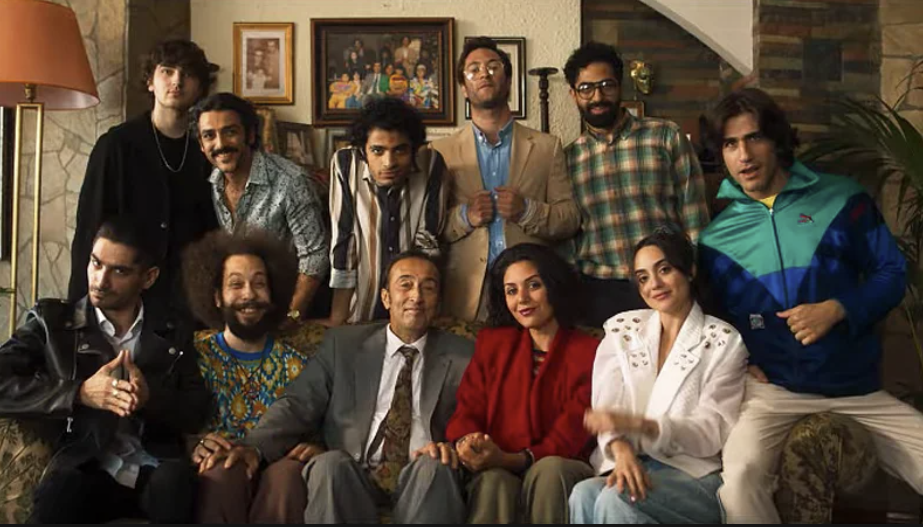
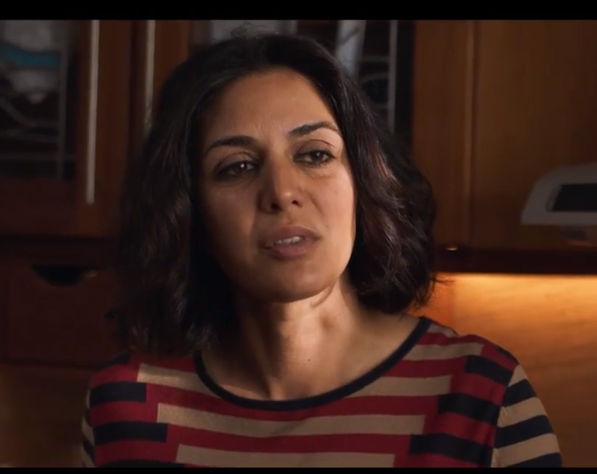
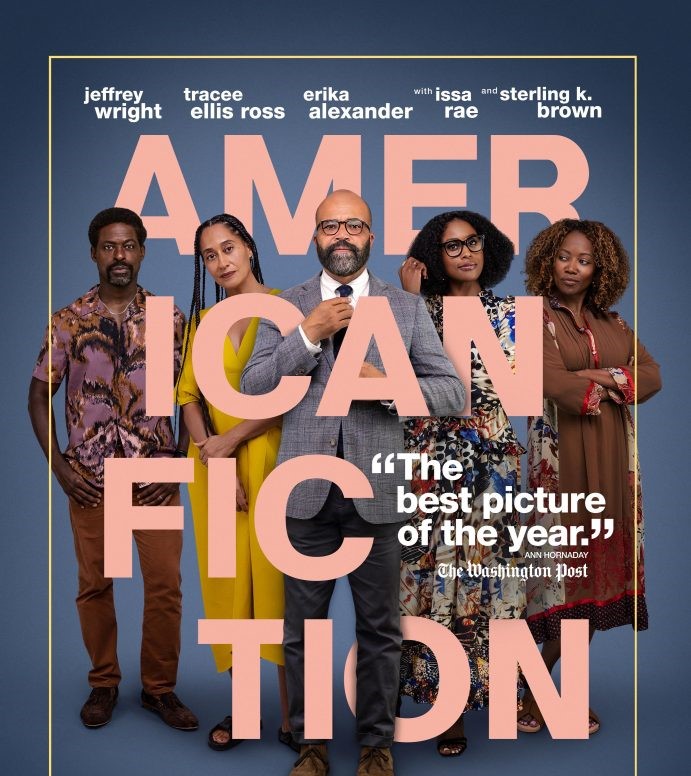
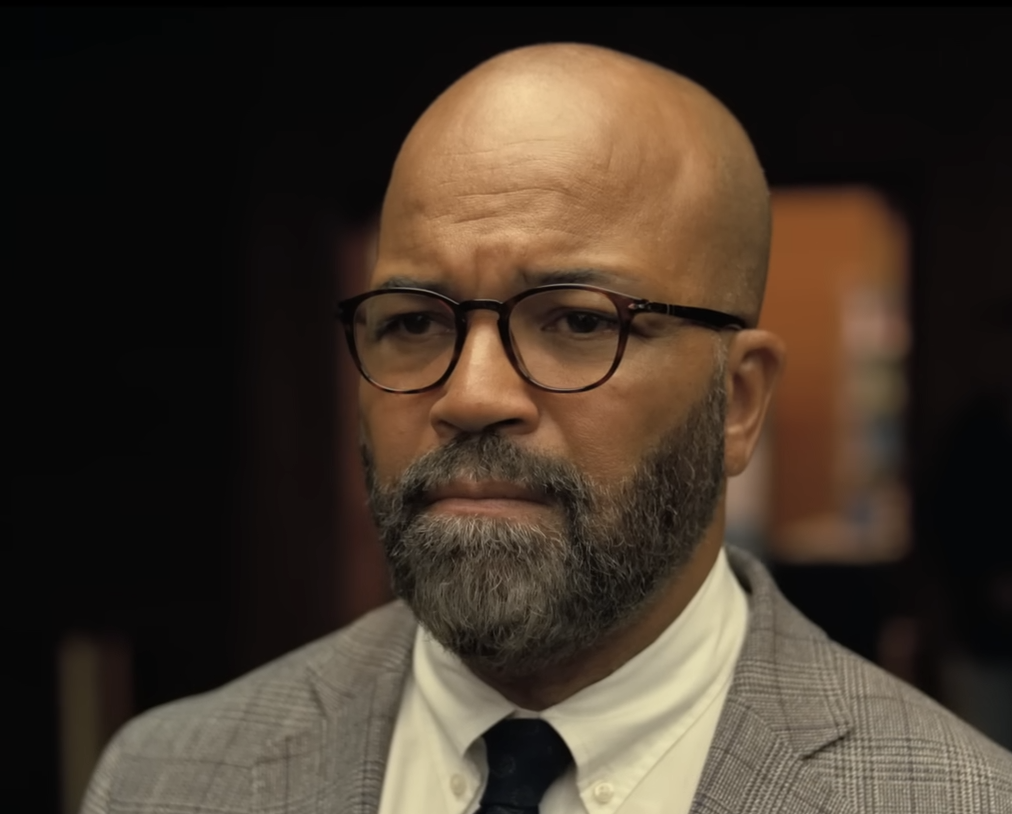
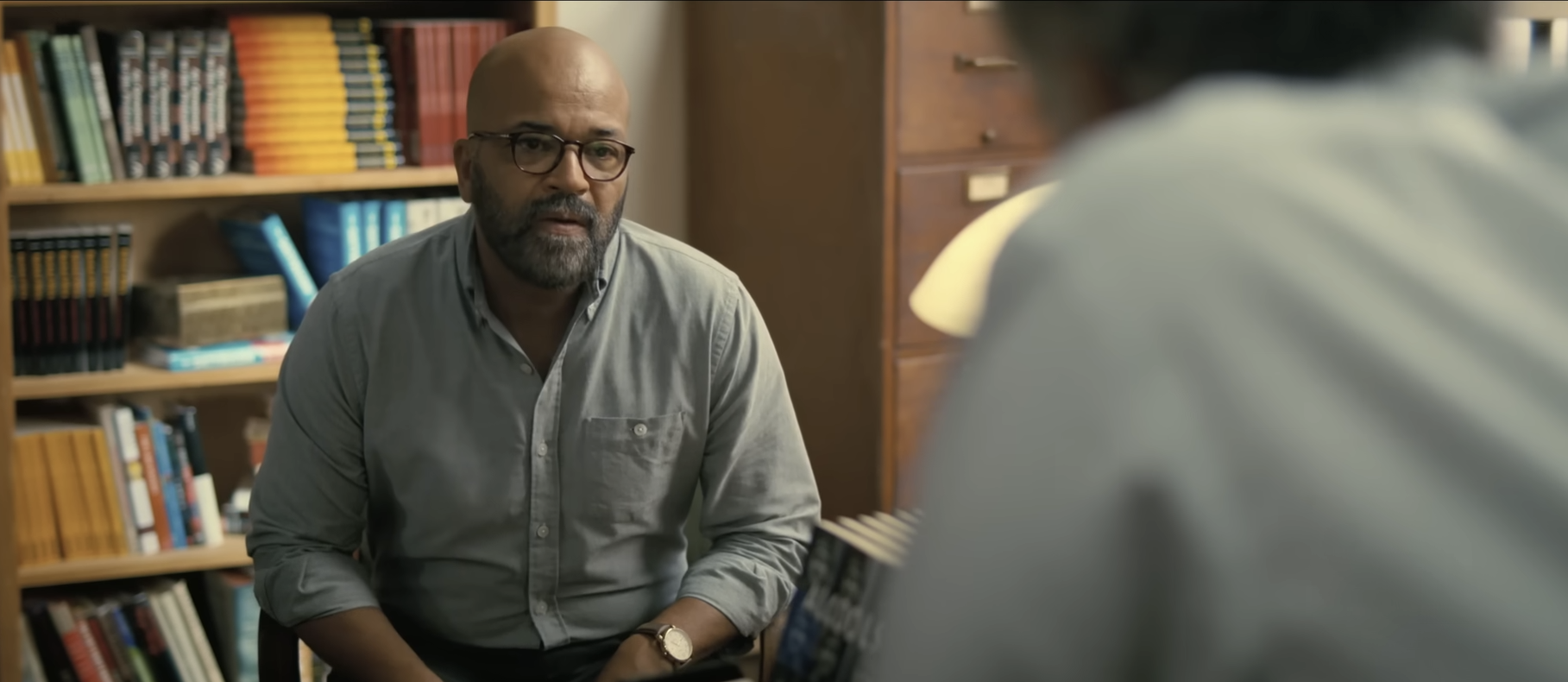
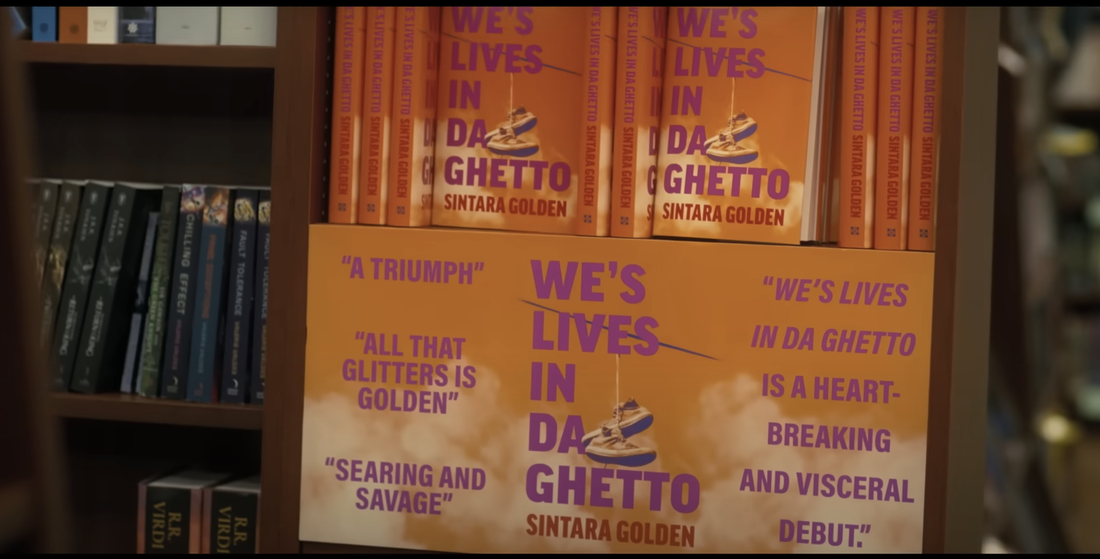
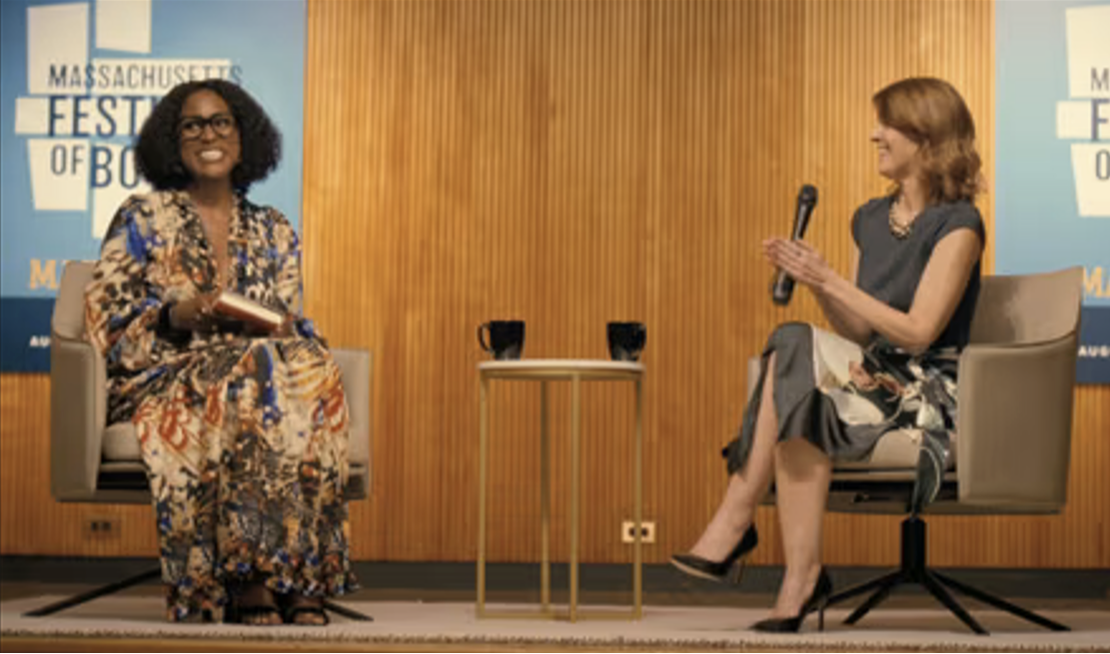
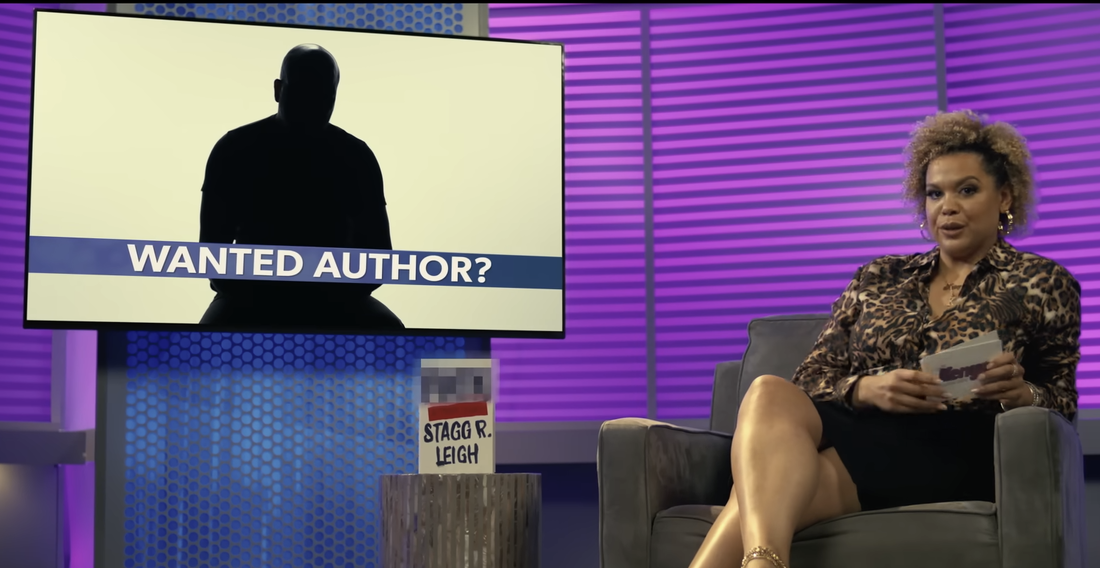
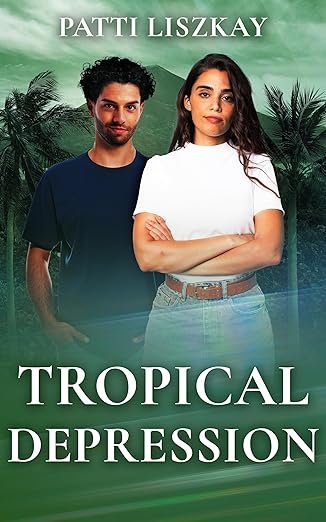
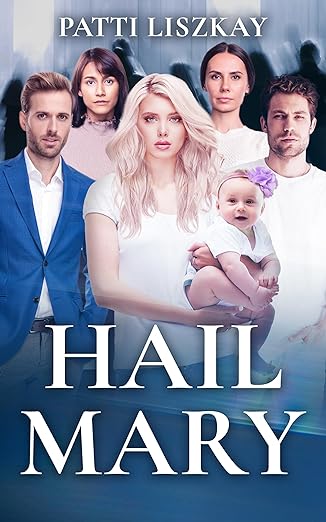
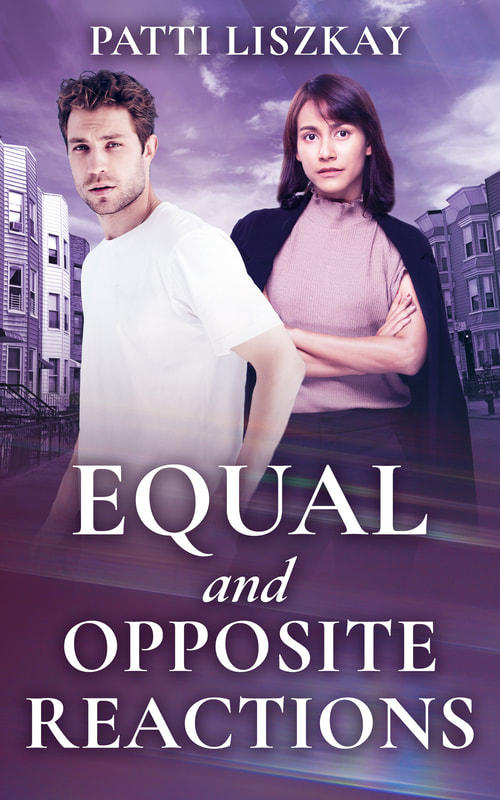
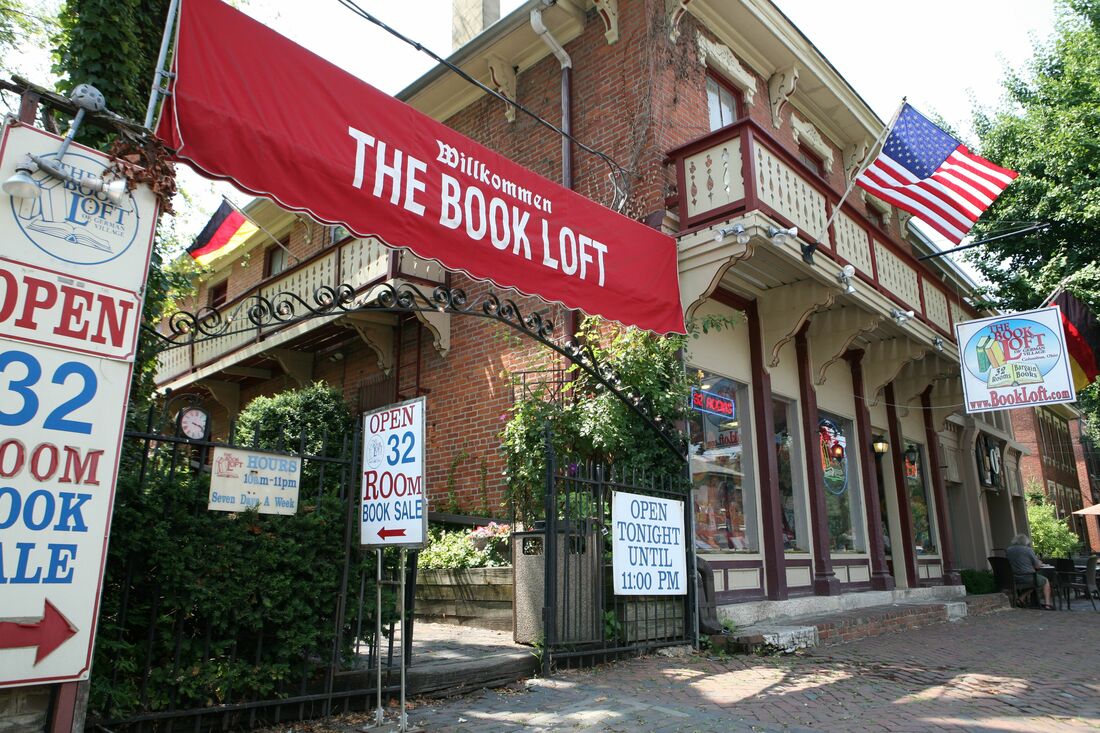
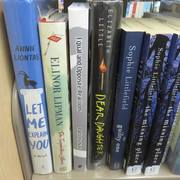
 RSS Feed
RSS Feed